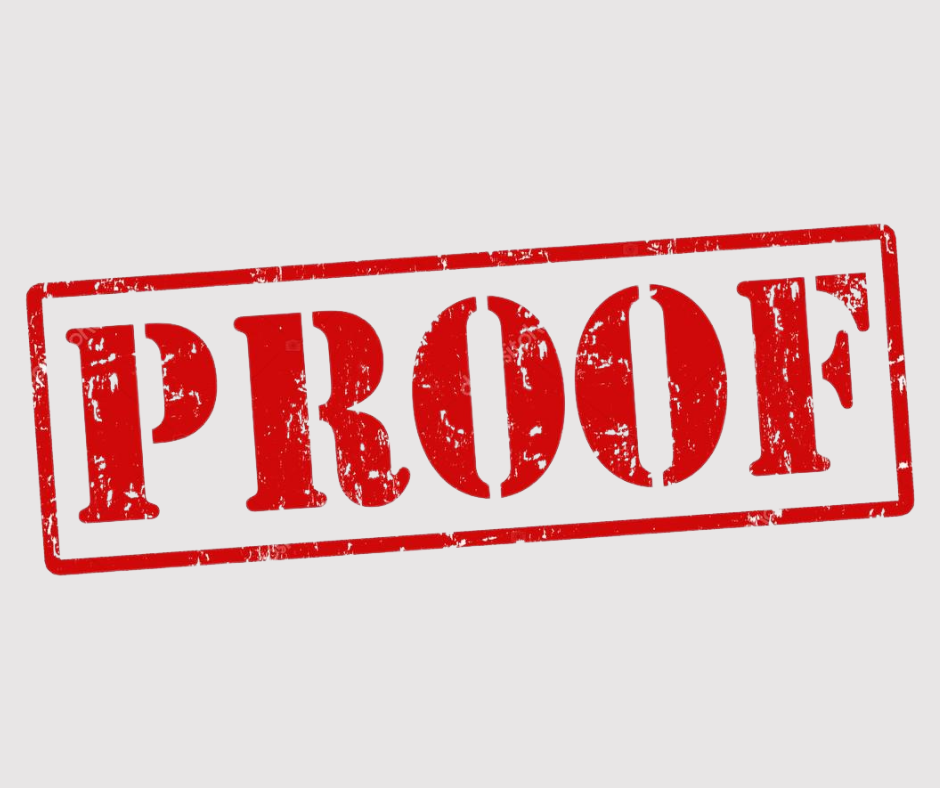Consultants. The magicians of PowerPoint. The architects of three-month strategy decks. The wizards who vanish the moment the real work starts.

If you’ve ever hired a consultant, you know the drill: They swoop in, present 50 slides of “insights,” send an invoice large enough to fund a small island and leave you exactly where you started—except now you’re $200K poorer with a new buzzword (probably something like “synergistic alignment” or “cross-functional leverage.”)
Meanwhile, your actual problem—whether it’s building a product, scaling your tech team or shipping that long-overdue feature—is still your problem.
This is why more smart companies are ditching traditional consultants and hiring fractional teams instead. Because fractional teams don’t just tell you what to do—they actually do it.
Consultants talk. Fractional teams build.
Here’s the difference in one sentence:
- Consultants deliver recommendations.
- Fractional teams deliver results.
A consultant will interview your team, analyze “market trends” and tell you that you need a stronger go-to-market strategy.
A fractional team will actually build the damn product, set up automation and roll out a revenue-generating campaign.
This is why startups, SMBs and even enterprise teams that actually want to move fast are shifting away from overpriced consulting firms and hiring fractional engineers, PMs and product teams instead.
So, what exactly is a fractional team? And more importantly—should you hire one?
Let’s break it down.
What are fractional teams?
A fractional team is a part-time, embedded group of specialists (engineers, product managers, designers, growth experts) who integrate into your company and own a specific function or project.
Unlike full-time employees, they don’t require long-term commitments—but unlike consultants, they actively do the work instead of just advising on it.

Think of it like this:
Freelancers → One person doing one task at a time.
Consultants → A group that tells you what you should do.
Fractional Teams → A small, highly skilled unit that executes and delivers.
They function as an extension of your team, usually for a fixed number of hours per week, providing the skills and execution you need, without the overhead of full-time hires.
Who needs a fractional team?
Hiring a fractional team isn’t just about filling talent gaps—it’s about getting things done without getting bogged down in hiring cycles.
You need a fractional team if:
- Your product roadmap is stuck in “strategy” mode. You know what needs to be built, but your current team is too overwhelmed to execute.
- You need specialized talent, but not full-time. A fractional CTO, PM or engineer can step in, build and optimize without you committing to another full-time salary.
- You’re burning time hiring instead of shipping. Recruiting top tech talent takes months (if you can even find them). A fractional team can start this week.
- You’ve outgrown your agency, but you’re not ready for full-time hires. Unlike agencies that juggle multiple clients, fractional teams embed into your company and focus solely on your success.
- You need execution, not just advice. Strategy decks are nice. Actual code, automation and revenue-generating growth experiments are better.
What fractional teams actually do (versus consultants)
Let’s compare.
| Problem | What a Consultant Does | What a Fractional Team Does |
| Your product needs a revamp. | Gives you a 40-slide presentation on UX trends. | Redesigns your product and ships new features. |
| Your go-to-market strategy is weak. | Runs a three-month “strategy sprint” and gives you a GTM roadmap. | Sets up paid acquisition, automates email workflows and builds conversion tracking. |
| You need to migrate to a new tech stack. | Audits your infrastructure and gives a report on best practices. | Actually does the migration and trains your team. |
| Your engineering team is underwater. | Tells you to “prioritize high-impact work.” | Ships features, fixes bugs and handles backend optimizations. |
| You need AI automation. | Recommends “leveraging AI for efficiency.” | Builds the actual AI automation and integrates it with your systems. |
Notice the pattern?
Consultants hand you a playbook. Fractional teams run the plays and get results.
How to hire a fractional team that doesn’t suck
Not all fractional teams are built the same. Here’s how to avoid wasting time and money on the wrong one.

1. Find a team that embeds, not consults.
You don’t want a hands-off agency that treats you like one of 10 clients. Look for a fractional team that fully integrates into your Slack, meetings and workflows.

2. Make sure they deliver outcomes, not just hours.
Fractional teams should own and deliver specific business results. If their proposal just says “40 hours a week of development,” that’s a red flag. You want clear deliverables.

3. Choose experts, not generalists.
Fractional teams aren’t meant to be an outsourced jack-of-all-trades. They should specialize in a function—like engineering, AI, product development or GTM execution.

4. Get real proof, not “case studies.”
Every agency and consulting firm has glowing case studies. What you want is real proof—ask for examples of work they’ve delivered in the last 90 days.

5. Set expectations upfront.
Who owns what? What does success look like? Unlike consultants, fractional teams should have concrete KPIs tied to actual execution.
Fractional teams are the future (and here’s why)
The old way of hiring was binary:
- Hire full-time employees (expensive, time-consuming).
- Hire a consulting firm (even more expensive, zero execution).
Fractional teams give you the best of both worlds:
- The commitment and expertise of full-time hires—without the overhead.
- The specialized knowledge of consultants—without the fluff.
- Fast execution and real results—without waiting six months to hire.
That’s why the best startups, growth-stage companies and even enterprises are ditching consultants and hiring fractional teams that actually build, ship and scale.
How TechTeems gets you fractional talent that delivers
At TechTeems, we’ve built a global network of elite fractional talent that integrates seamlessly into your team.
Here’s what you get:
- Engineering teams that ship, not stall.
- Product managers who build roadmaps and execute them.
- AI specialists who automate, not just theorize.
- GTM teams that actually drive revenue.


